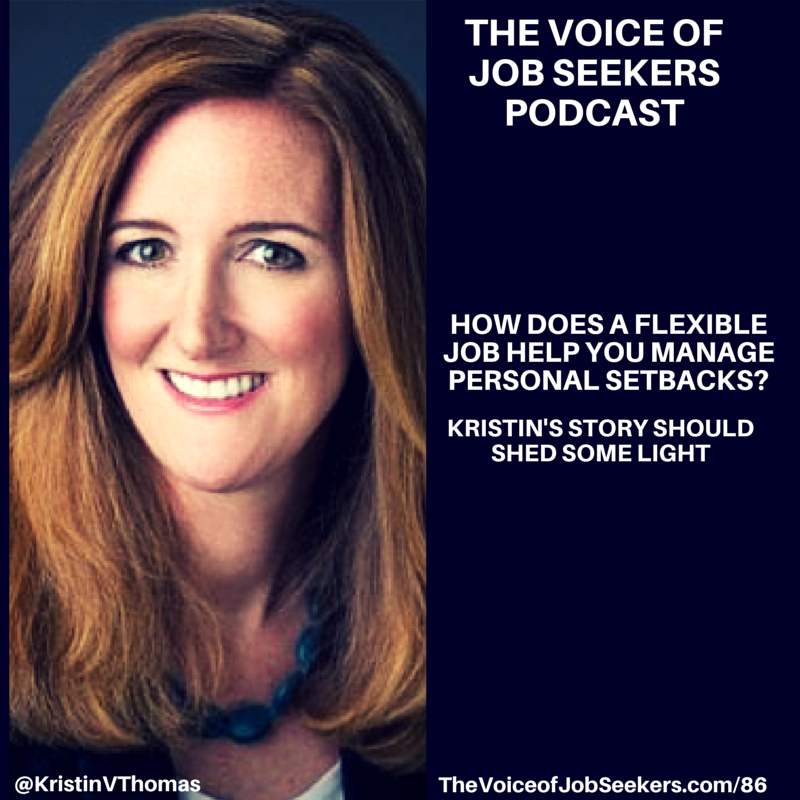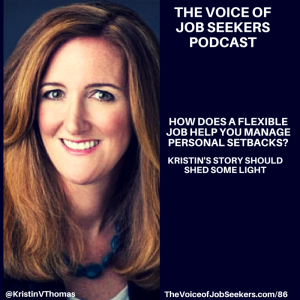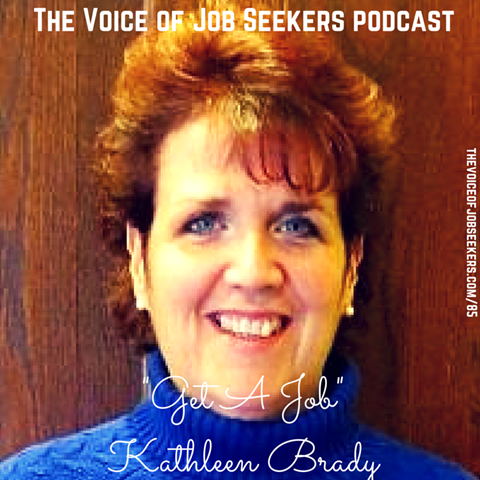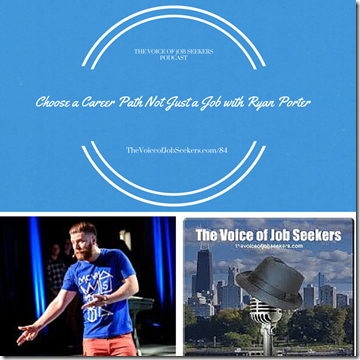
Podcast: Play in new window | Download | Embed
Subscribe: Apple Podcasts | RSS
3) Go to TheVoiceofJobSeekers.com and press the “Send Voicemail” button to leave a message online
- Her background is primarily in talent acquisition, and while working at her previous position, she became pregnant and eventually gave birth to premature twins
- Listen to why Kristin could not continue working for the company (nuclear) after the birth of her third child
- Her former employer called her back for a consulting opportunity. She worked there for a year but then decided to take more time off
- Kristin stayed connected with her network (she says with everyone) through social media while at home with three small children
- Kristin remained active through volunteering. She put in so many hours she contemplated going back to work
- She found out about her next job through her network at FlexJobs. She also found out that she had Breast Cancer. She had surgery, and because her job was completely remote, it was easy to recover without an extensive leave
- Kristin shared that her work was positive and engaging as much as she could. She didn’t like to be down or away




